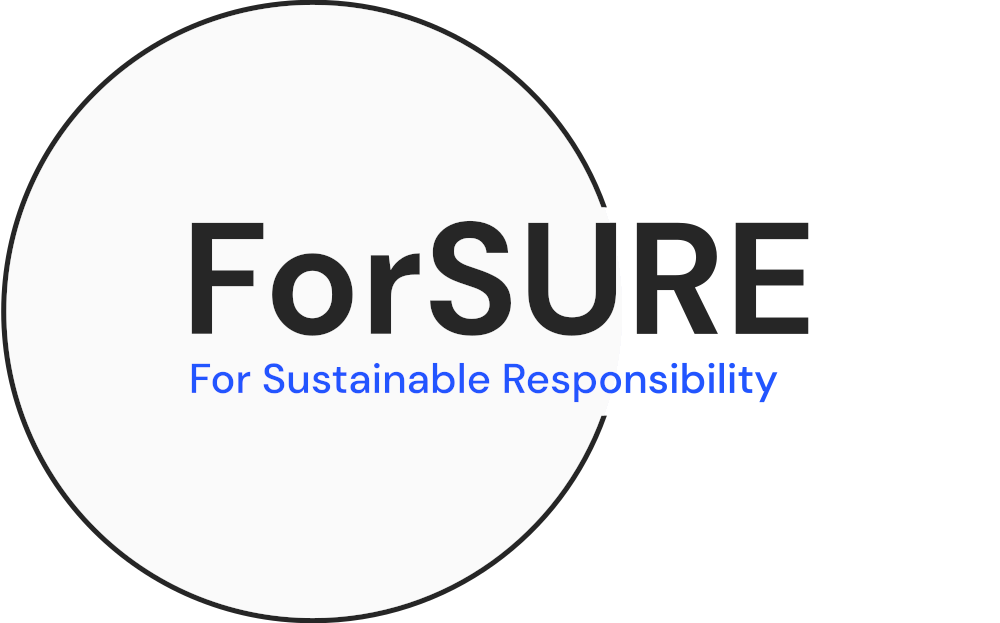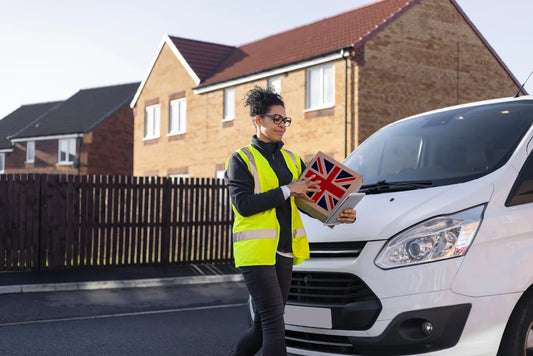The concept of Extended Producer Responsibility (EPR) is not new to the business world, but it's gaining increased attention in the Benelux region as the need for sustainable responsibility becomes more critical. A key part of the evolving landscape is the legislative outlook. Upcoming amendments and new laws are expected to further strengthen the EPR framework, thereby enforcing companies to shoulder the responsibility for the lifecycle of their products.
In this evolving landscape, the implementation of EPR policies is more than a regulatory requirement—it's an opportunity to redefine your organization's environmental footprint. For businesses, it's crucial to stay ahead of these changes and ensure EPR compliance.
The Role of Technology in EPR
Technological advancements form a central part of the future EPR landscape. New technologies are emerging in recycling, waste management, and product design sectors that can help businesses better comply with EPR regulations. For instance, software solutions like ours at ForSURE are simplifying EPR reporting, making it easier for businesses to stay compliant with regulations and manage their waste footprint effectively. We believe that adapting to these regulations can open new avenues for innovation and collaboration, fostering a sustainable future that benefits us all. These advancements aren't just about compliance, but also about leading the way in sustainable business practices.
Consumer Behavior and its Impact on EPR
The third critical component shaping EPR's future is changes in consumer behavior. Today's consumers are more environmentally conscious than ever. This shift in consumer behavior can significantly affect EPR, as businesses will need to respond by minimizing waste, redesigning products for longevity and recyclability, and implementing new waste management strategies. The EPR policy, at its core, is about not just meeting these consumer demands, but also about staying one step ahead.
Industry Responses to EPR Changes
Finally, industry responses to these changing dynamics are crucial to shaping the future of EPR. Companies are expected to adapt and innovate to meet the evolving regulations and consumer demands. This includes steps like minimizing waste generation, implementing advanced recycling practices, and designing products for a circular economy. There are also encouraging signs of companies working collaboratively with industry partners and customers to drive positive change and meet EPR regulations.
Looking Ahead
The future of EPR in the Benelux region is a subject of immense importance to all businesses. As we navigate these changes, embracing sustainable responsibility will be key. Whether you're a manufacturer, importer, or retailer operating in the Belgium, Netherlands or Luxembourg (Benelux), staying informed and prepared for these changes will be crucial. So, let's navigate this journey together, ushering in an era where business and sustainability go hand in hand.
At ForSURE, we're committed to providing a flexible EPR software that aligns your business with regulations and helps you fulfill your sustainable responsibility in just a few clicks. In a nutshell, ForSURE is your accountant for EPR reporting. Remember, EPR is not just about compliance, it's about leading the change towards a more sustainable future.
Stay tuned to our blog for more insights and updates on the future of EPR in the Benelux region.




